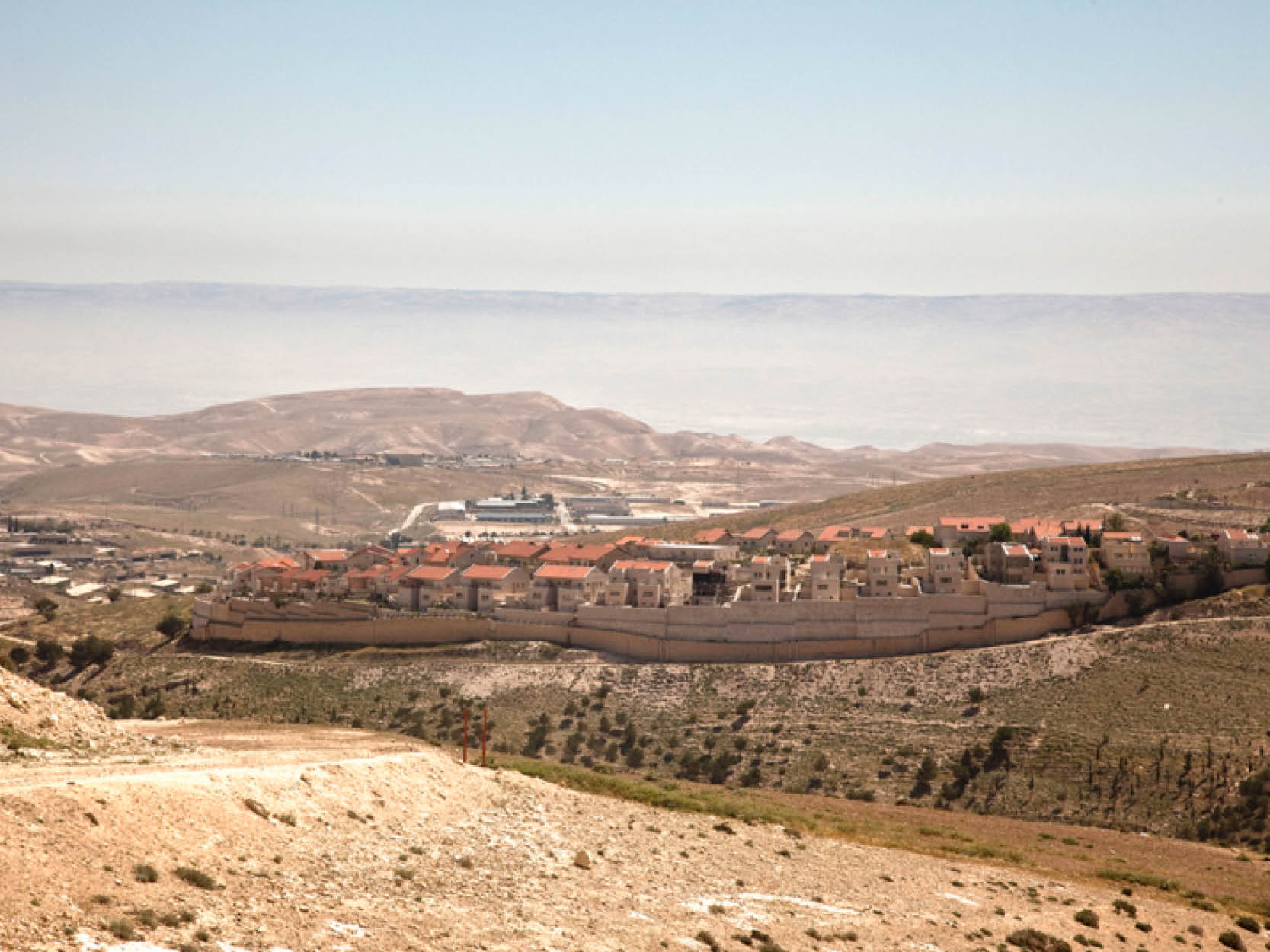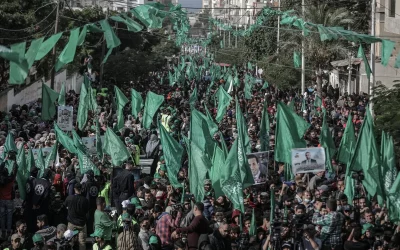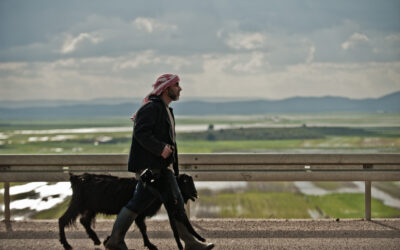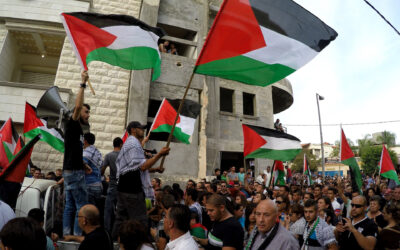Since the war of 1967, Israel has created illegal Jewish-only settlements within the territories it has occupied since.1 Settlements in the Gaza Strip were dismantled in 2005 as part of Israel’s disengagement plan, but the settlement enterprise in the West Bank, including East Jerusalem, continues to grow despite being illegal under international law. Nonetheless, Israeli settlers enjoy military protection and at times government departments “covertly assist them” by providing electricity and/or water.2 The settler population has almost tripled since the signing of the Oslo accords in 1993,3 and reached approximately 550,000 by 2013.4 The demographic changes in the West Bank that have taken place since the creation of settlements have made the realization of an independent viable Palestinian state practically impossible.5
Illegal settlements within the West Bank have created a system of intimidation towards the Palestinians living in those areas as incidents of settler violence gather pace. As the occupying power, Israel is legally obliged under international law to protect Palestinians under its occupation and their property from settler violence and ensure settlers are held accountable.6 Instead, settlers are protected by Israeli authorities and are rarely held accountable for violence perpetrated against Palestinian civilians. Israeli civil law applies to Israeli settlers living in the Palestinian West Bank, whilst military law applies to Palestinians living in the same territory. The UN’s Office for the Coordination of Humanitarian Affairs (OCHA) reported that in 2014 there were 105 incidents related to settler violence leading to Palestinian casualties.7
Children in the West Bank face threatening situations as they travel to and from school on a daily basis. Many face harassment when passing near settlements. Others face physical harm when crossing military zones. According to UNICEF, 21 cases of denial of access to education were reported in September 2011. School dropout is a serious consequence of such intimidation – the numbers are particularly high among girls when they have to travel outside their immediate community.8

 Hamas
Hamas  Palestinian Citizens of Israel
Palestinian Citizens of Israel  Second Intifada
Second Intifada